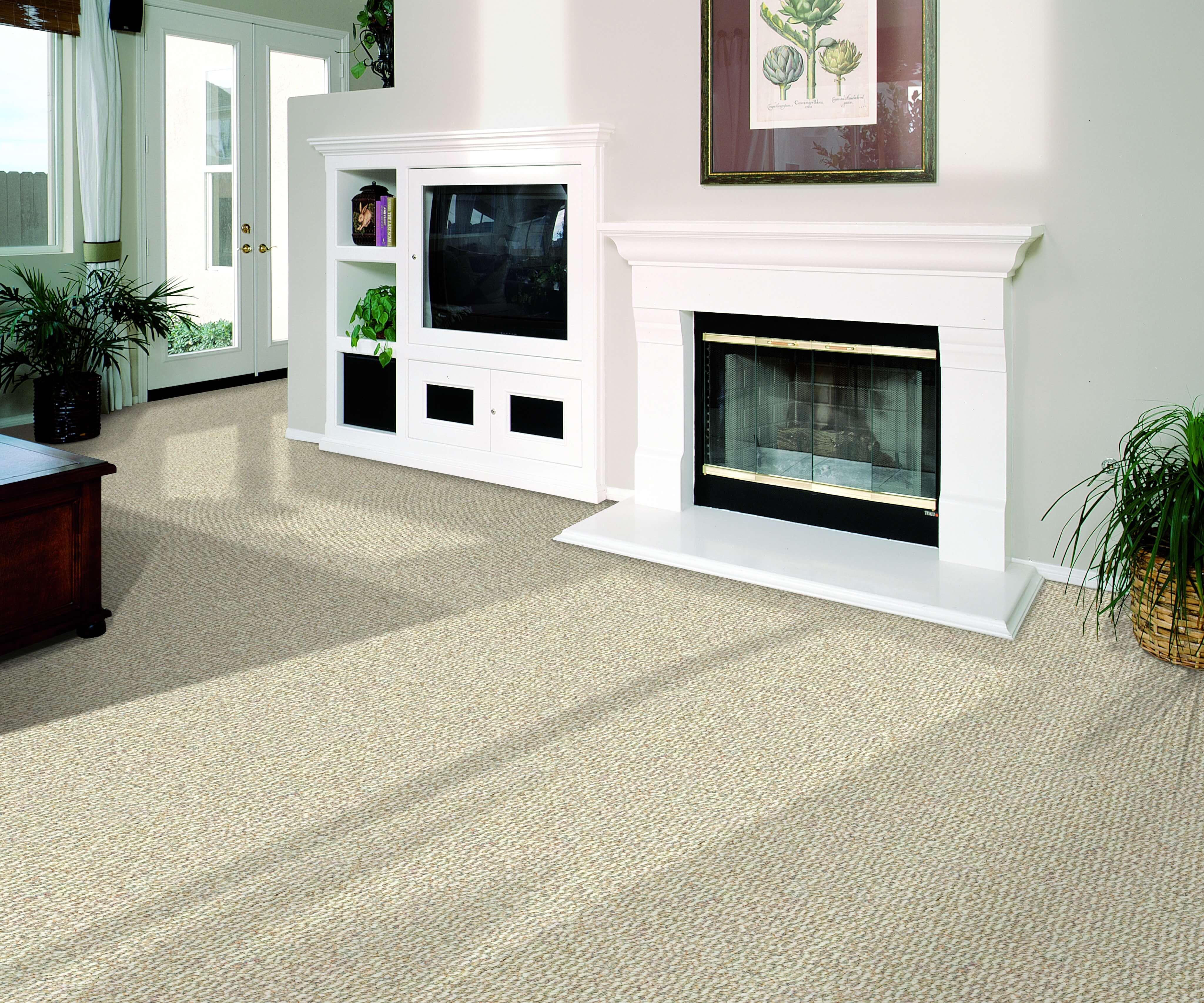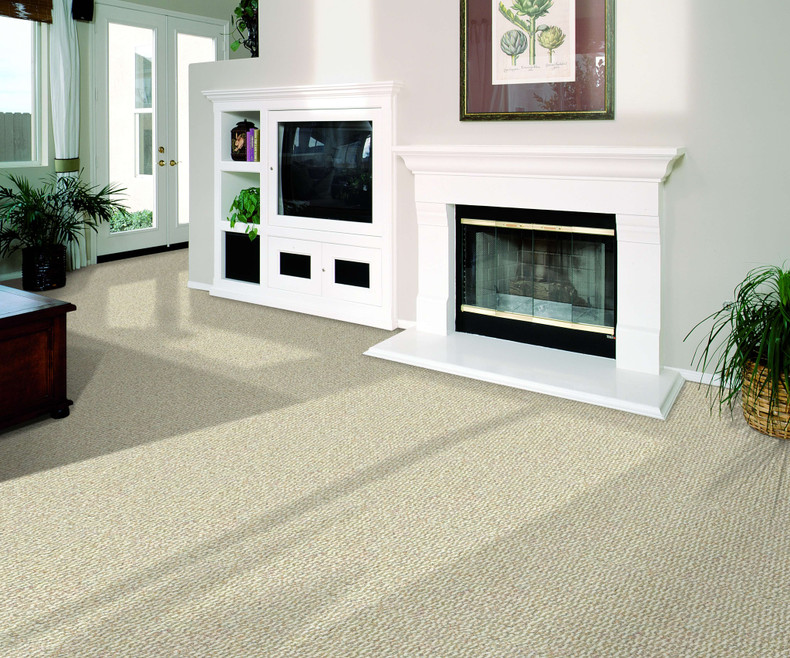
Whether made of wood, tile, or stone, hard floors are excellent in the warm weather. However, when the cold descends, you need only step on a cold floor to realize the value of carpet flooring. Stepping onto a carpet feels warm and comfortable on the feet. The warmth of carpet spills over into the general environment of your home, often making your house warmer and better to live in during cold seasons and in cold places. What’s more, carpet flooring can lower your heating bill. Contact us to learn more.
How Can Carpet Flooring Lower Your Heating Bill?
A carpet provides insulation to your floors, which prevents heat from escaping, and keeps your home warm. It’s estimated that your home loses around 10% of the heat to uninsulated floors. If you’re losing heat, you’ll need more power to keep the house warm.
A suitable carpet flooring with stable padding is a poor heat conductor, making it an excellent insulator. The carpet fibers trap air, which makes them efficient in retaining heat. What’s more, the carpet flooring protects your home from cold draughts that slip in through cracks on the floor and under the doors. It helps you seal any sections without fitting beading and tight boards.
With carpet flooring, you can save around 4 to 6% of your heating costs. While this saving might be small, it’s a significant difference in the overall heating bill. The carpet flooring makes your home more heat efficient, so that you don’t have to set your thermostat as high!
What Is The R-Value?
To understand the value of carpet flooring, it helps to understand the concept of R-value. The R-value measures the resistance of heat flow through a material. For example, a thick carpet with cushioning has a high R-value. It resists heat flow, which makes it an excellent insulator. What’s more, the carpet increases the entire space’s thermal resistance, making your home more heat efficient.
Hard surface floors have low R-values, which means that they have lower resistance to heat flow. To maintain a warm and stable temperature in your home with a hard-uninsulated floor, you’ll need to keep your heating systems at high temperature and for a long time. Over time, you’ll have higher heating costs than a home with carpet flooring, holding all other factors constant.
Does the Thickness of The Carpet Matter?
Introducing a rug or carpet to your hard floor makes your space warmer. However, to enjoy the best energy savings, it’s wise to install a carpet with a cushion or padding. The padding separates your carpet from the floor and creates a continuous and thick barrier. It also increases the R-value of your carpet.
A professionally installed carpet with cushioning sits in place, from wall to wall, to provide a sturdy walking surface. The fixed position of the carpeting also minimizes air movement between the carpet and the subfloor.
Using Carpet Flooring to Lower Your Heating Bills
A proper carpet helps you stay warm in the cold while reducing your heating bills. Install a carpet and keep your home warm and heat efficient. Visit us today select the perfect carpet flooring for your budget, lifestyle, and personal taste.

